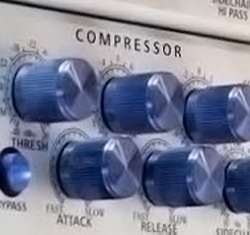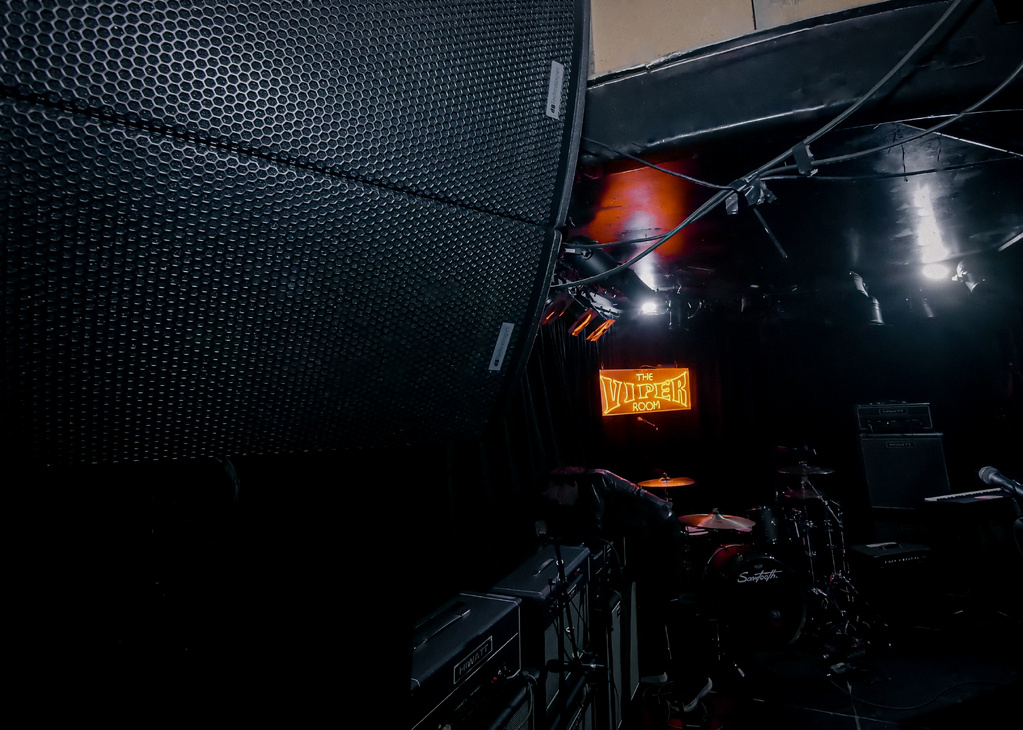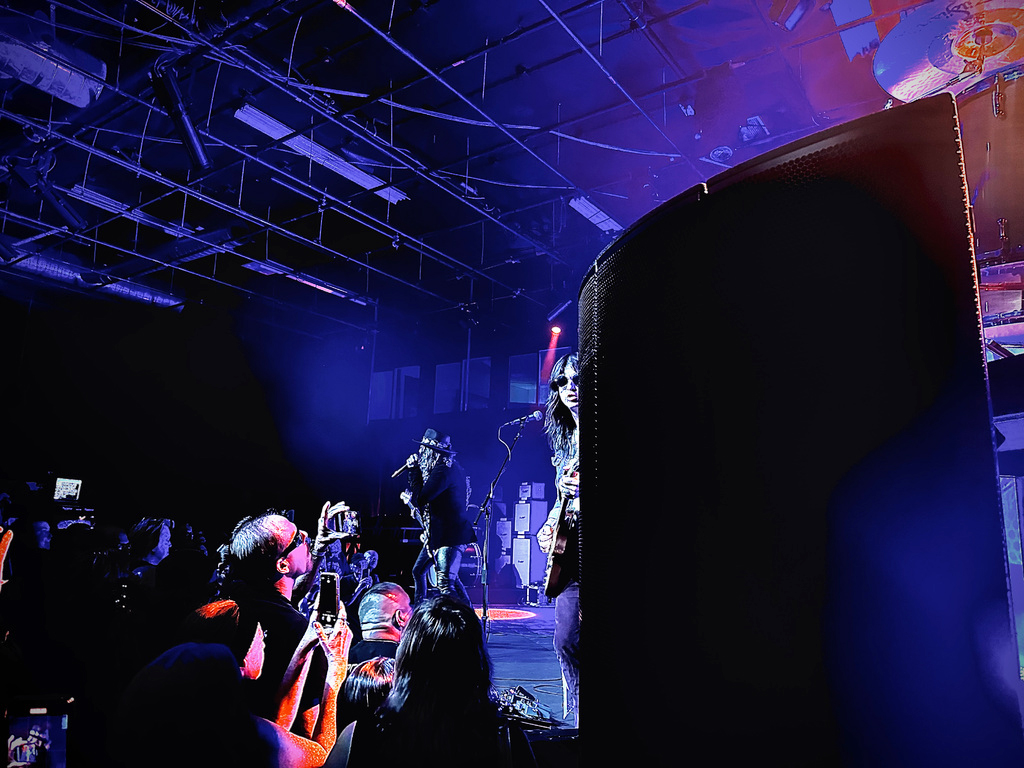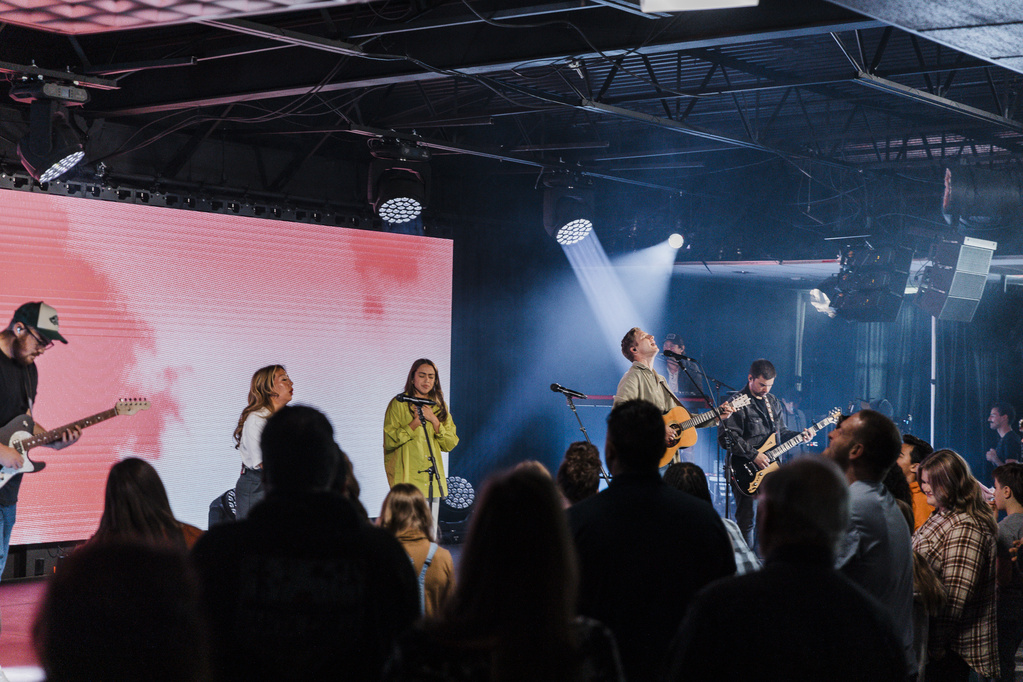OK—the band is well rehearsed. They have good equipment, and it’s properly set. They sing in tune.
The balance between instruments and voices is perfect. The execution of the material is flawless. The guitars are perfectly in tune with the keyboard. The front of house engineer (you) is doing a great job mixing and every nuance is in place.
So why doesn’t it sound like concerts we go to? There are quite possibly several reasons, but often a big reason can be due to the lack of a compressor in the system.
Most bands, schools, and churches have to be budget-conscious when considering a new sound system (or the system designer doesn’t have an awareness of compressors!), and a handy and inexpensive piece of equipment gets left out of the mix.
Imagine sitting in your living room listening to a CD. At the end of the song you know the drummer raised both sticks in the air, high over his head, and brought them down as hard as he could to play the final flam on the head of the snare drum. At the same time, he stomped on his bass drum pedal with all his might. You know he did this because you can hear the type of tone created by that sort of attack.
What you have never noticed is this: It didn’t get any louder, did it?
Now imagine you’re sitting in a recording studio in LA, watching this same piece of music being recorded, and you’re in the live room with the drum set. At the end of the song, the drummer does this same move and it’s loud! An assault on the senses and uncomfortable to be around. Why don’t we have this sensation when we listen to the CD?
A simple device called a compressor is the answer. Imagine the volume level of the music as a straight horizontal line. Now imagine the volume level when the drummer does that big ending.
The volume (or sound pressure level, SPL) increases drastically and quickly, which results in a “spike” or transient in our normal listening level. A compressor senses the beginning of the rapid increase in SPL and squashes it back down to something closer to our usual listening level. By doing this, we get all of the variation in tone and very little of the volume change.




















